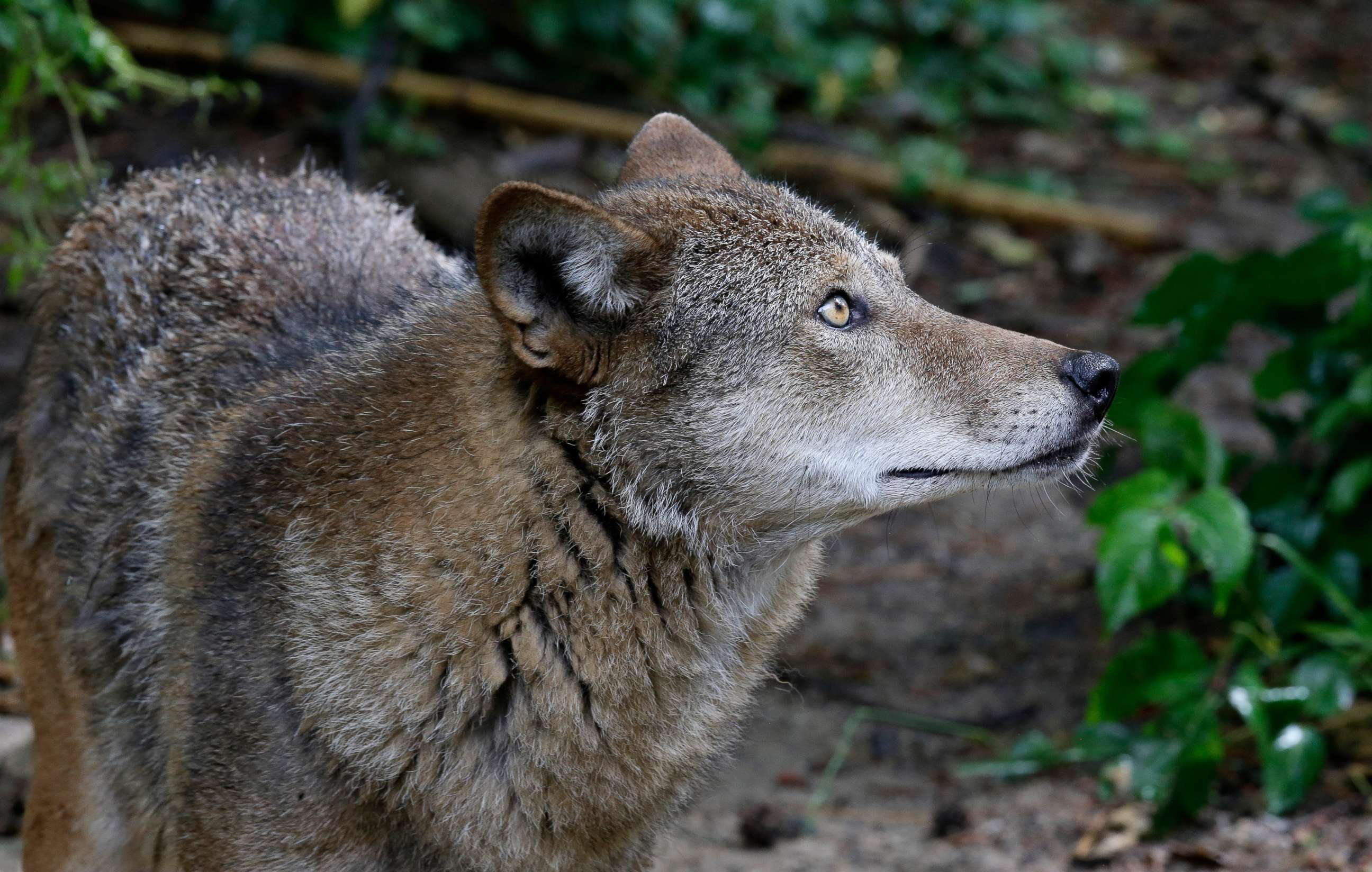How advocates say Trump’s endangered species rules could threaten conservation
Conservation groups are pledging to sue to block the rules.
Conservation experts and environmental advocates are sounding the alarm about the Trump administration’s latest move to weaken the law that protects endangered species, saying that if they go into effect it could be harder to protect species in the future and mean more human activity is allowed in areas where protected species live.
Republicans and administration officials said the changes will still protect critical species but limit protections they say went far outside the goal of the law.
But conservation groups and Democrats say the Endangered Species Act, which sets up how the government protects species at risk of becoming extinct, helped save populations of animals like Bald Eagles and manatees in Florida. Advocates say protecting vulnerable species could become even more important as the country experiences more effects from climate change, which the United Nations reports will increase pressure on many species.
The proposed rules are expected to face legal challenges that could hold them up in court, but conservation advocates said that if they go into effect it could be harder to protect species in the future and mean more human activity is allowed in areas where protected species live.
Kristen Boyles, a staff attorney for the environmental law firm Earthjustice, said one of the changes would impact any species waiting for a decision on whether it will be protected as “threatened,” which means the species is in danger of going extinct in the foreseeable future.
Under previous regulations, species listed as threatened got the same protections as those listed as endangered, so they could not be hunted, killed, or disturbed in any way. Under the new rule, however, each species added to the threatened list needs its own plan detailing how it will be protected, which Boyles said could be a slow process that would leave populations vulnerable.

That could impact species like the Monarch butterfly, which has been awaiting a decision since 2014. Under the previous rules, if the butterflies were granted a “threatened” designation, it could trigger restrictions on pesticide use, study on the impact of climate change on that population and possibly protections for habitats where the insects migrate. If the new rules go into effect, the agency would have to go through a separate rule-making process to institute those protections.
"In the short-term there's no consequences, no protections put in place to be a threatened species," Boyles said.
Administration officials said the change will allow more tailored conservation plans and eliminate some changes in the different agencies’ policies. But it could also add to the workload for government employees working on endangered species designations, a process that can take years to evaluate scientific research, finalize a decision, and develop plans to recover the population of a species.
Conservation experts and advocates say the changes announced Monday would make it even more difficult to get protections for more species in the future in part because it sets a higher bar by saying scientific information has to be “reasonably certain” about what will happen to a species in the future.
Brett Hartl, government affairs director from the Center for Biological Diversity, said the new rules create excuses not to act to protect species, even though the intent of the Endangered Species Act is to give wildlife the benefit of the doubt.
"They're trying to use and abuse science to achieve a sort of deregulatory goal which is, if you create a perception of uncertainty then it's an excuse to delay taking action," he told ABC.
Another change in the rules would allow agencies working on endangered species decisions to publish information on the economic impact of protecting a species, though the Endangered Species Act doesn’t allow the cost to be a factor in deciding whether to add a species to the list.
Gary Frazer, the top Fish and Wildlife Service working on endangered species issues, told reporters Monday the economic information would be available to the public but wouldn’t be used to make decisions on how to protect species.
Hartl and other critics said it’s unrealistic to think economic information wouldn’t be used to influence lawmakers or to support industry arguments against protecting certain species or areas where the species’ live that might conflict with business interests."It's creating the conditions, creating the backdrop that allows for basically political interference and for improper economic considerations to take root,” he said.
The new rules are set to go into effect in about 30 days barring legal or congressional action.




